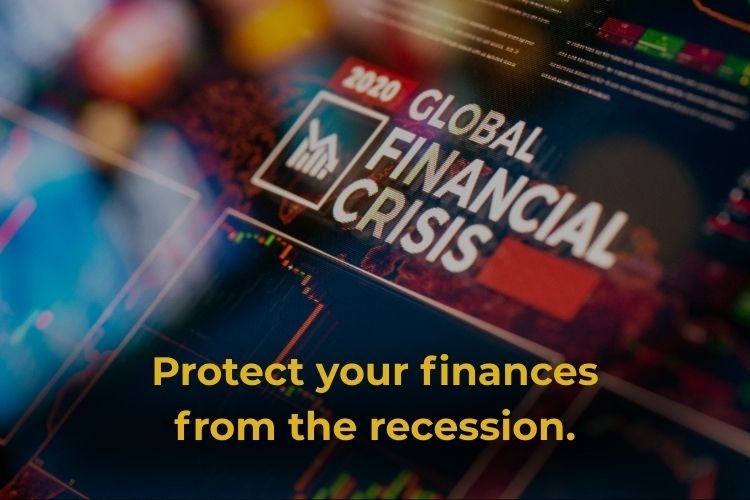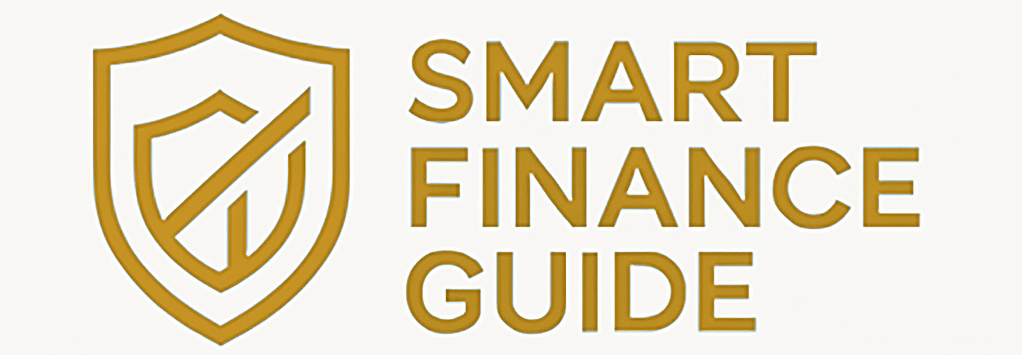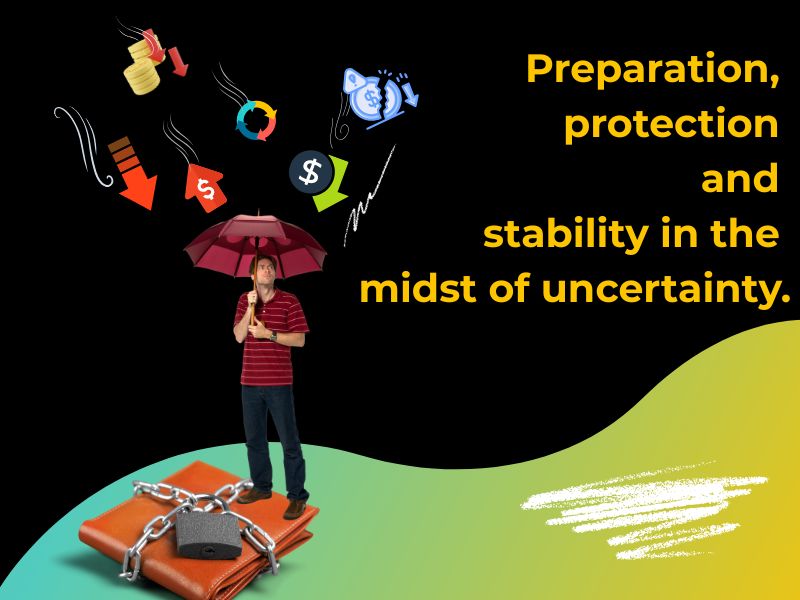Protect your finances from the recession. Recessions are a normal part of the economic cycle — but they can still feel overwhelming. Job losses, market volatility, rising prices, and uncertainty can quickly create stress if your finances aren’t in order.
The good news? With proactive planning, you can recession-proof your finances, reduce risk, and even find opportunities during tough times.
This guide will walk you through 10 practical steps to strengthen your financial stability so you can feel more confident no matter what the economy is doing.
Protect your finances from the recession. What Is a Recession?
A recession is a period of economic decline lasting at least two consecutive quarters, often marked by:
- Decreased consumer spending
- Rising unemployment
- Business slowdowns
- Stock market volatility
While temporary, recessions can last anywhere from a few months to several years. The extent of their impact depends largely on your financial preparedness.
Building resilience before a downturn makes it easier to adapt and recover quickly. Protect your finances from the recession.
Step 1: Build or Strengthen Your Emergency Fund
Your emergency fund is your first line of defense in a recession.
- Aim to save 3 to 6 months of essential expenses
- Keep it in a high-yield savings account for easy access
- Increase contributions during periods of steady income
✅ This gives you breathing room if you lose income or face unexpected bills. An emergency fund is one of the most effective ways to recession-proof your finances.
Step 2: Review and Reduce Non-Essential Spending
Cutting back on unnecessary spending helps free up money for essentials and savings.
Start by reducing:
- Subscriptions you rarely use
- Dining out or luxury purchases
- Impulse online shopping
✅ Protect your finances from the recession. Track your expenses weekly and redirect the savings into your emergency fund or debt repayment. Small adjustments can make a big difference during economic uncertainty.
Step 3: Pay Down High-Interest Debt
Carrying credit card debt during a recession is particularly risky.
Here’s what to do:
- Pay off variable-rate and high-interest debts first
- Avoid taking on new debt for non-essential purchases
- Consider transferring balances to a 0% interest credit card if available
✅ Reducing debt improves your cash flow, lowers financial stress, and helps protect your finances if your income drops. Protect your finances from the recession.
Step 4: Diversify Your Income
Relying on one source of income can leave you vulnerable during a downturn.
Explore side hustles such as:
- Online tutoring or teaching
- Freelancing (writing, design, tech, consulting)
- Selling digital or physical products online
- Gig economy work (rideshare, food delivery)
✅ Having multiple income streams helps cushion the blow if your primary job is affected, making your finances more recession-proof.
Step 5: Review Job Security and Upskill
Ask yourself:
- Is my industry vulnerable to layoffs during downturns?
- Do I have transferable skills that could land me another job quickly?
- Am I actively networking and updating my résumé?
Proactive steps to take now:
- Update your résumé and LinkedIn profile
- Build a professional support network
- Take affordable courses to learn new, in-demand skills
✅ Those who invest in upskilling are better positioned to adapt and find new opportunities if layoffs occur.
See more: How to Build a Diversified Investment Portfolio in the U.S.
Step 6: Stay Invested — Don’t Panic Sell

Stock market downturns are a natural part of recessions. While it’s tempting to pull your money out, doing so locks in losses. Protect your finances from the recession.
Protect your finances from the recession. Instead:
- Keep contributing to 401(k), IRA, or brokerage accounts (if possible)
- Use dollar-cost averaging to buy at lower prices
- Rebalance your portfolio, but avoid trying to time the market
✅ History shows the market always recovers over time. Staying invested is key to long-term wealth building, even during recessions.
Step 7: Avoid Big Financial Commitments
During uncertain times, it’s smart to delay large purchases or new loans. Protect your finances from the recession.
Postpone:
- Buying a new car or house
- Taking on business debt
- Major luxury purchases
✅ Preserving flexibility and liquidity ensures you can adapt quickly if conditions worsen.
Step 8: Protect Your Credit
Your credit score matters even more during recessions. A strong score gives you access to better interest rates and financial options.
Protect your finances from the recession. Protect it by:
- Paying bills on time
- Keeping credit card balances below 30% utilization
- Avoiding unnecessary account closures
✅ Good credit provides stability and options when you need them most.
Step 9: Communicate With Lenders Early
If you experience financial hardship, be proactive:
- Contact mortgage, loan, and credit card providers immediately
- Ask about hardship programs, deferment, or forbearance
- Get all agreements in writing
✅ Taking action early helps prevent collections, protects your credit, and reduces stress. Protect your finances from the recession.
Step 10: Stay Calm and Informed
Recessions often spark fear, but panic leads to poor decisions.
Stay level-headed by:
- Following reliable financial news (avoid social media hype)
- Revisiting your budget monthly
- Focusing on what you can control rather than the unknown
✅ A calm, informed mindset will guide you toward smarter financial choices.
Final Thoughts: Strength Builds in Uncertainty
You can’t predict the economy, but you can prepare for it. Recession-proofing your finances is about building resilience, making disciplined choices, and staying flexible.
By maintaining an emergency fund, cutting unnecessary spending, reducing debt, and staying invested, you create stability and open doors for new opportunities.
Protect your finances from the recession. No matter how long the downturn lasts, these strategies will help you not only survive but thrive — emerging stronger and more confident on the other side.
See more: How Financial Organization Improves Your Mental and Emotional Health.
FAQ – How to Financially Prepare for a Recession.
What is a recession and how long can it last?
A recession is a period of economic decline lasting at least two consecutive quarters, often marked by job losses, less consumer spending, and market instability. It can last months or even years.
How much should I have in an emergency fund for a recession?
Aim for 3 to 6 months of essential expenses in a high-yield savings account. This fund gives you financial breathing room if your income is disrupted.
Should I pay off debt before a recession hits?
Yes. Focus on high-interest and variable-rate debt like credit cards. Reducing debt improves your cash flow and lowers stress if your income drops.
Is it a good idea to keep investing during a recession?
Yes. Avoid panic selling. Continue investing regularly if you can — recessions often present long-term buying opportunities.
What else can I do to prepare financially?
Cut non-essentials, avoid big purchases, upskill for better job security, and consider adding extra income sources. Stay informed and adjust your budget regularly.

